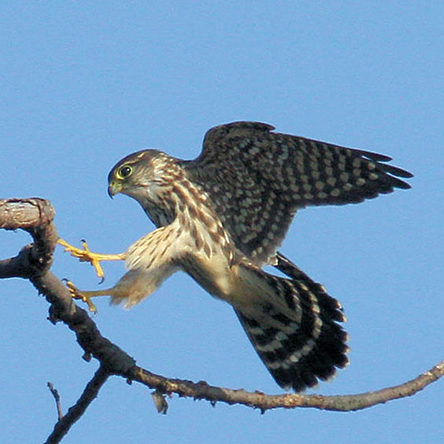We are now accepting applications for seasonal employment for summer 2021 — click here for more information.
Open / Closed in the Park:
| Allison Park: Open daylight hours. |
| Alpine Boat Basin: Please contact Alpine Marina, LLC: 201-985-6580. |
| Alpine Picnic Area: Open daylight hours (vehicle access from Alpine park entrance only). Kearney House open most weekend and holiday afternoons. |
| Englewood Boat Basin: Please contact JM Englewood Marina, LLC: 201-568-1328. |
| Englewood Picnic Area: Open daylight hours. Click here for Snack Shack information. |
| Fort Lee Historic Park: Grounds open daylight hours. Metered parking, 7 days, year-round (click here for rates). Visitor Center closed to public. No restrooms on site. |
| Greenbrook Sanctuary: Open daylight hours (membership required). |
| Hazard’s Ramp: Open daylight hours. |
| Henry Hudson Drive: Open daylight hours, conditions permitting.
|
| Palisades Interstate Parkway in New Jersey: Open 24 hrs. |
| Park Headquarters:
Building closed (email & phone communication remain active). No restrooms on site.
POLICE EMERGENCY: 201-768-6001 |
| Ross Dock Picnic Area: Open daylight hours. |
| State Line Lookout: Grounds open daylight hours. Lookout Inn open 9:30 AM to 5 PM to a limited number of visitors for up to 30 minutes and for takeout food orders. |
| Trails: Open daylight hours.
|
| Undercliff Picnic Area: Open daylight hours. |
|
“Daylight Hours” = 30 min. before sunrise to 30 min. after sunset. Signs or notices placed on-site, or instructions issued by employees of the Park Commission, supersede information posted here. |
From September through early November, volunteer observers record the migration of raptors at State Line Lookout, from 9 AM to 4 PM, volunteer availability and weather conditions permitting.
Visitors are always welcome at the hawk watch (binoculars recommended).
State Line Hawk Watch (40.9897°N, 73.9061°W), sponsored with the Hawk Migration Association of North America (click here to go to HMANA’s State Line page), was founded in 1997 and is one of around a dozen official New Jersey hawk watch sites.
Most of the fourteen species of hawks and two species of vultures that occur regularly in New Jersey are seen here each fall. Most are migrants that nest in New England and Canada, while several species, such as the red-tailed hawk, are also year-round residents in the park.
The table below shows an approximate time frame for migrant species. Peak migration will usually occur near the middle of the time frame, but smaller numbers of each species may occur before or after the peak.
| Species | Peak Migration Period |
Osprey |
Late Aug. through early Oct. |
| Bald eagle | Late Aug. through Sept., late Oct. through mid-Nov. (also some local birds). |
| Golden eagle | Late Oct. through mid-Nov. |
| Sharp-shinned hawk | Sept. through Oct. |
Cooper’s hawk |
Late Sept. through Oct. |
Northern goshawk |
Oct. through Nov. |
| Broad-winged hawk | Sept. (most in mid-month). |
| Red-shouldered hawk | Oct. through mid-Nov. |
| Red-tailed hawk | Oct. through Nov. (also active local population). |
| Rough-legged hawk | Nov. and later (rare). |
| American kestrel | Late Aug. through early Oct. |
Merlin |
Mid-Sept. through mid-Oct. |
| Peregrine falcon | Mid-Sept. through Oct. (also active local population). |
Northern harrier |
Throughout the season. |
| Black vulture | Throughout the season (also active local population). |
Turkey vulture |
Mid-Oct. through Nov. (also active local population). |
Weather is a major factor in producing heavy flights: in general, the first or second day after a cold front, with winds out of the north, will bring the greatest number of birds.
The Watch from Rafael Samanez on Vimeo.
- See “Fishermen of the Sky” for more about raptors.


















